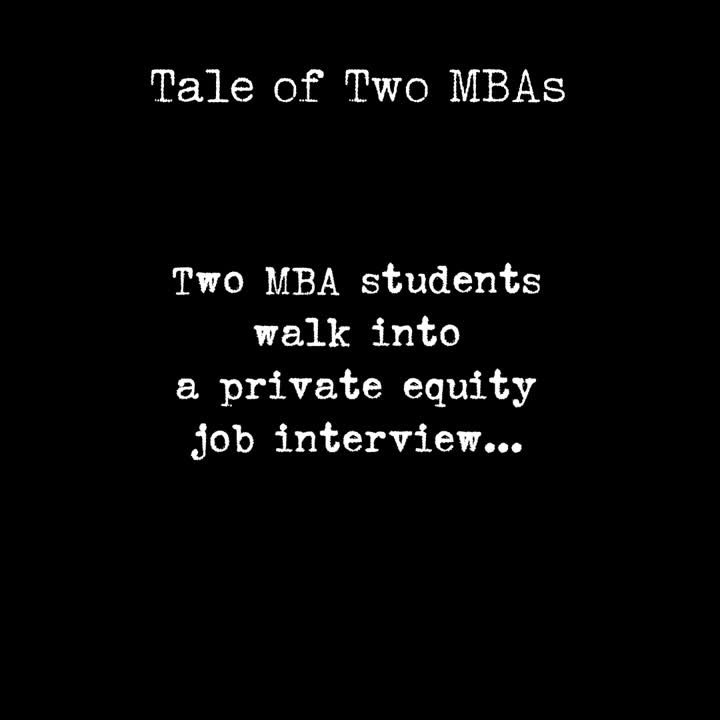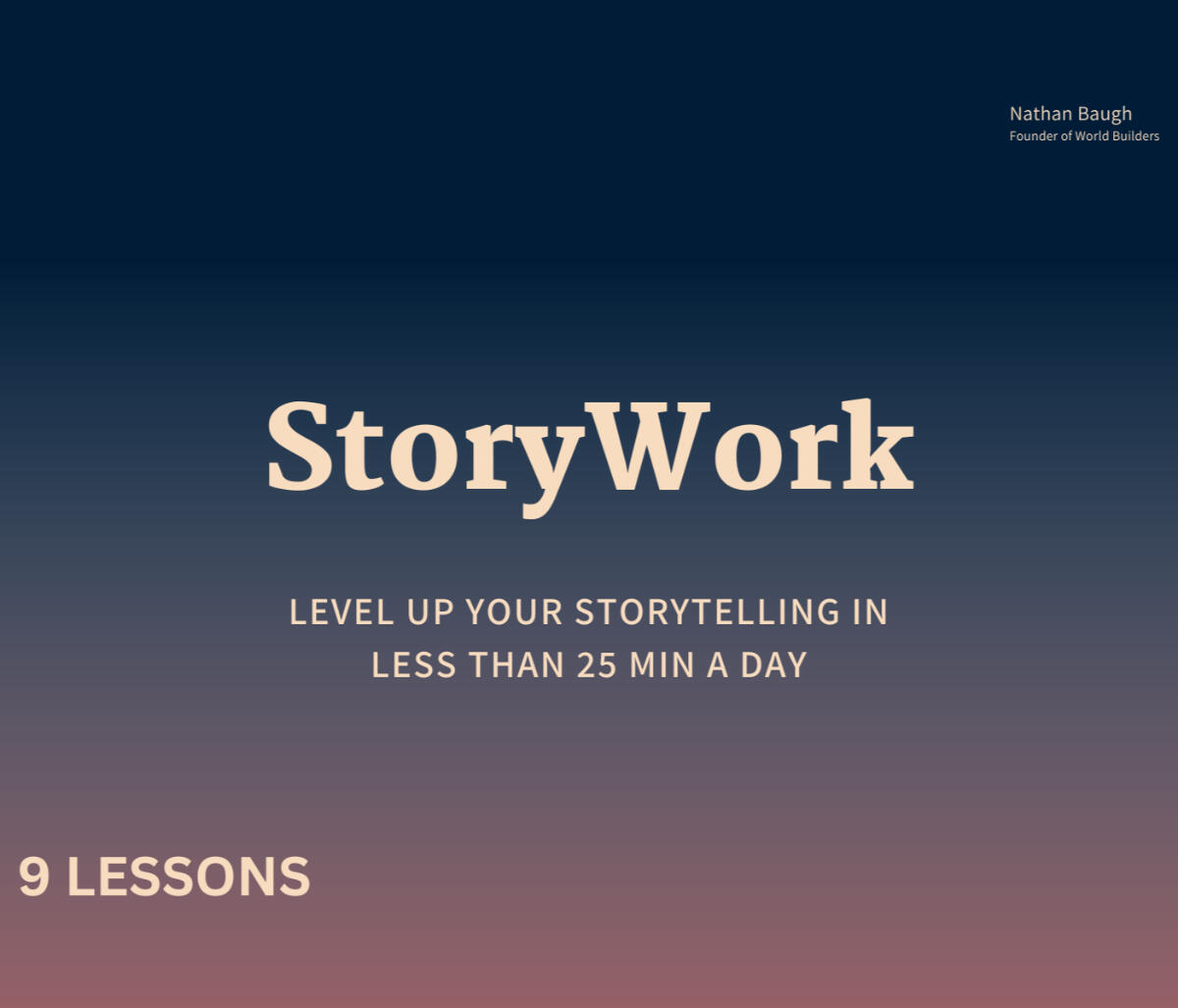- World Builders
- Posts
- Rings of Power
Rings of Power
Plus what you can learn from a cookie company
Hey friends,
I watched the first episode of Rings of Power and let’s just say it didn’t live up to the $465 million budget. So I searched out classic Tolkien wisdom and centered this piece around it.
If you watched RoP, let me know what you thought. And check out last week’s newsletter here if you missed it.
Let’s make you a better storyteller…

One Big Idea
The story-maker proves a successful 'sub-creator'. He makes a Secondary World which your mind can enter. Inside it, what he relates is 'true': it accords with the laws of that world. You therefore believe it, while you are, as it were, inside. The moment disbelief arises, the spell is broken; the magic, or rather art, has failed.
World Building is the subset of storytelling I’m most fascinated with (hence the name of this newsletter). It’s how authors like Tolkien build their own cultures, politics, languages, and histories that have kept generations of readers hooked. They create people, places, and stories from nothing. It's remarkable.
But more recently world building has become synonymous with entrepreneurship. After all, what are founders doing but building their own future vision for the world?

Two Tactics
Here are two tactics used by JRR Tolkien to build his worlds that I bet you’ll recognize from many top brands, too.
1/ Focus on language
Create unique, shared language with your audience. Tolkien invented 15 new languages for his books (don't sweat, you don’t have to do that).
You want to create phrases that become so common for your audience they associate them with you or your brand. It’s like inside jokes – shared lingo that only makes sense in your world.
iMessage = Apple
Apple owns the ‘i’ in front of its products. No other brand can use that without Apple first coming to mind.
wingardium leviosa = Harry Potter
I went to a wedding where the couple exited through everyone holding sparklers. I heard at least five people say this Latin-derived hodgepodge JK Rowling invented 20 years ago. That’s powerful.
2/ Create rituals
Tolkien gave each of the different cultures he created their own customs and rituals. People function in this way. Shared rituals make us feel part of a group.
Now let me do the unthinkable and jump from Tolkien to a cookie company to give you an example of a brand crushing by creating a weekly ritual:
Crumbl Cookies: Each week, Crumbl releases a new lineup of six cookies to replace last week’s lineup. This creates a sense of anticipation (Crumbl fans look forward to the drop), a sense of urgency (if you don’t buy that kind of cookie this week, you may never again have the chance), and a sense of togetherness (the launch posts get hundreds of thousands of likes on IG and TikTok).

Three Resources
One Newsletter
Understanding the psychology of your audience is incredibly difficult. After all, we say one thing but may mean another.
Psychology of Marketing has been a great recent read. The weekly newsletter focuses on tactical teardowns of why certain campaigns crush while others fall flat on their face.
One Podcast
David Senra runs the podcast Founders, where he devours biographies on a single entrepreneur and condenses those hundreds of thousands of words down to a single podcast episode every week.
It's outstanding, and this convo with Patrick O'Shaughnessy breaking down why David does what he does is even better.
You can listen on Spotify or Apple Podcasts.
(shout out Liam for the recommendation)
One Video
A wonderful story about telling stories. Highly recommend giving it a watch.

A message from... Me!
The interest in this tweet blew me away...
One way to become a better storyteller:
Take your two favorite authors. I recommend one non-fiction and one fiction.
Copy, word for word, their best work. Do it by hand.
I chose Paul Kalanithi and Neil Gaiman.
It’s the single exercise that improved my writing the most.
— Nathan Baugh 🗺️ (@nathanbaugh27)
3:06 PM • Jan 5, 2023
In my experience, there are two ways to get good at storytelling:
Study the greats (what this newsletter is for)
Practice, practice, practice
I do a lot of practice through StoryWork.
And so many of you liked, commented, and sent me DMs about the practice I decided to turn it into a guided course for you.
Check it out:

I hope you enjoyed that.
The biggest compliment you can give me is bringing on a couple more friends as World Builders. I'll send you a curated list of frameworks and resources to become a better storyteller if you use your fancy, unique link below.
Talk next week,
Nathan
P.s: If you want to get your brand in front of 26k creators, entrepreneurs, and storytellers, fill out this form.

